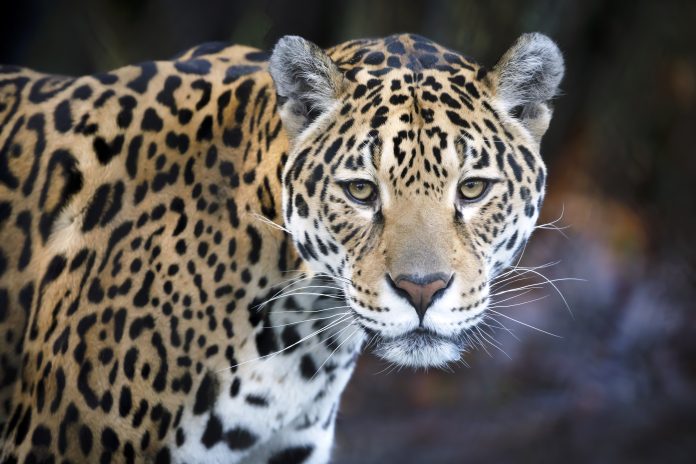The U.S. Fish and Wildlife Service has rebuffed a petition from the Center for Biological Diversity urging the reintroduction of jaguars to the Gila National Forest in New Mexico. Despite being safeguarded by the Endangered Species Act for over five decades, the majestic jaguar, the largest cat in the Americas, has seen little federal action, resulting in only eight documented individuals in the United States in nearly thirty years.
Laiken Jordahl, Southwest conservation advocate at the Center for Biological Diversity, lamented this decision, stating, “This is a heartbreaking example of the Fish and Wildlife Service’s continued failure to take proactive steps to bring jaguars back to their native range.” Jordahl emphasized the importance of aiding jaguar recovery, asserting, “Jaguars belong in the United States, and we won’t stop fighting to protect and recover these magnificent cats.”
In response to the Center’s petition, the Fish and Wildlife Service claimed that “recovery of the species could be achieved without the presence of jaguars in the Gila National Forest.” However, this rationale contradicts the findings of numerous jaguar experts who identified extensive suitable habitat, including the Gila National Forest, capable of supporting a breeding population of jaguars.
Reintroducing jaguars to the American Southwest not only aids in the conservation of isolated jaguar populations in northwestern Mexico but also addresses the urgent need for these felines to adapt to climate change by expanding their range northward.
The Center’s petition also advocated for expanding jaguar critical habitat in New Mexico and Arizona, facilitating safe cross-border movements between the United States and Mexico. While the Service suggested evaluating habitat expansion separately from reintroduction, it left the possibility open for future action, offering a glimmer of hope for advocates.
Despite setbacks, recent discoveries, such as trail camera footage capturing a jaguar in southern Arizona, underscore the potential for jaguars to make a historic comeback. However, Jordahl stressed the imperative for the Fish and Wildlife Service to take decisive action, declaring, “The Service is abandoning its responsibility to recover jaguars in the Southwest, and we’re not about to let that stand.”
Once widespread throughout the American Southwest, jaguars have dwindled due to habitat loss and historical predator control programs. Despite being listed as endangered since 1972, jaguars were delisted in 1980, only to be reinstated in 1997 following advocacy efforts by the Center. In 2014, federally protected critical habitat was secured for U.S. jaguar recovery, marking a significant milestone in conservation efforts for this iconic species.
